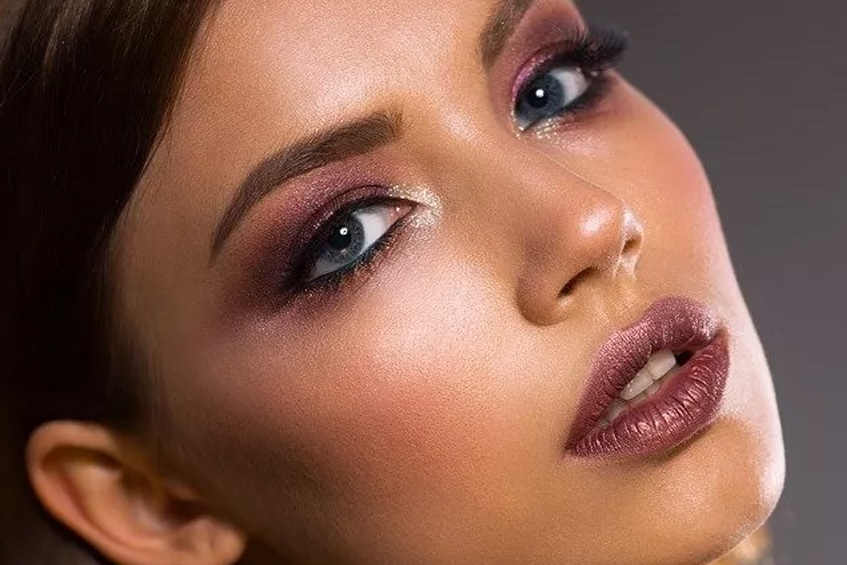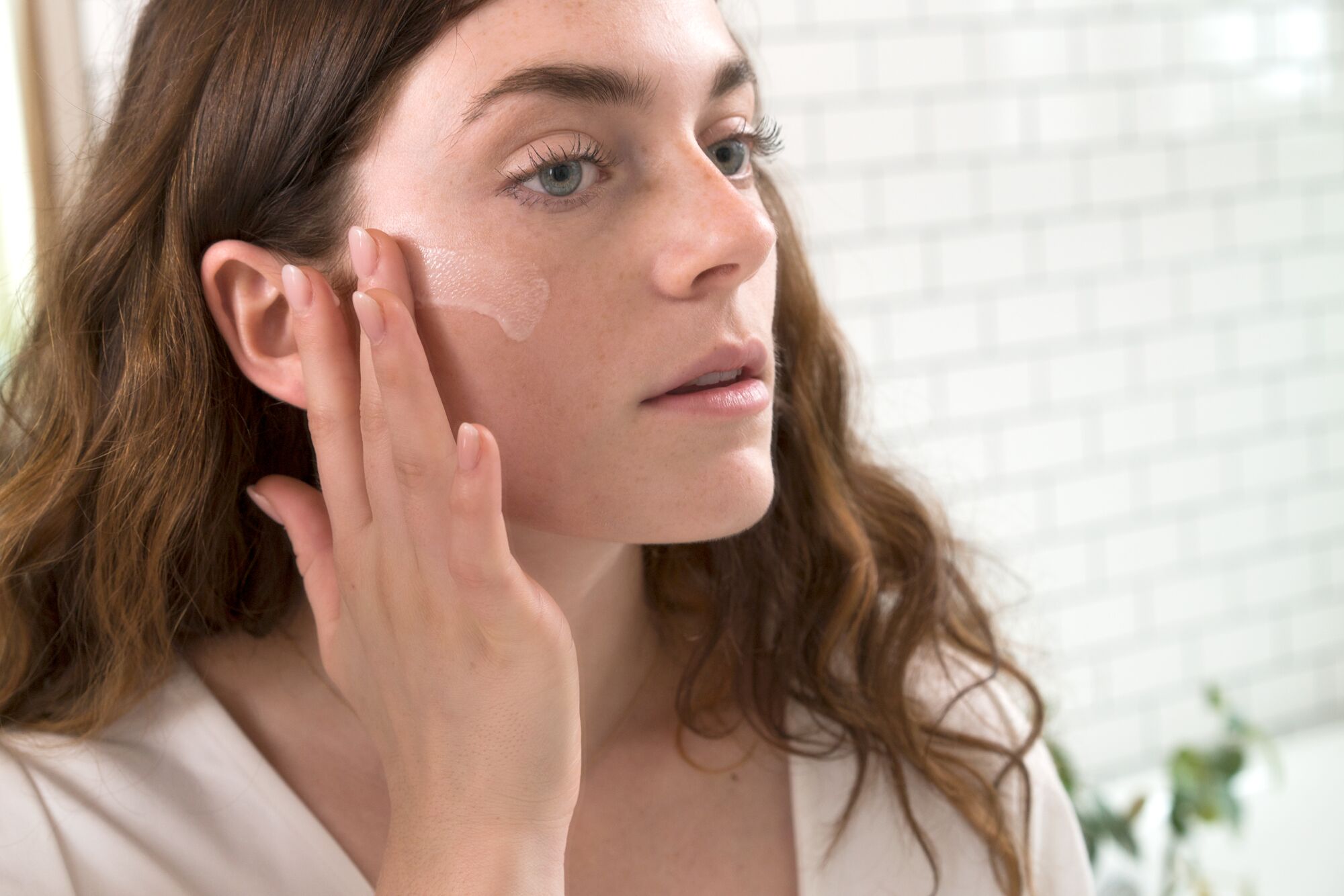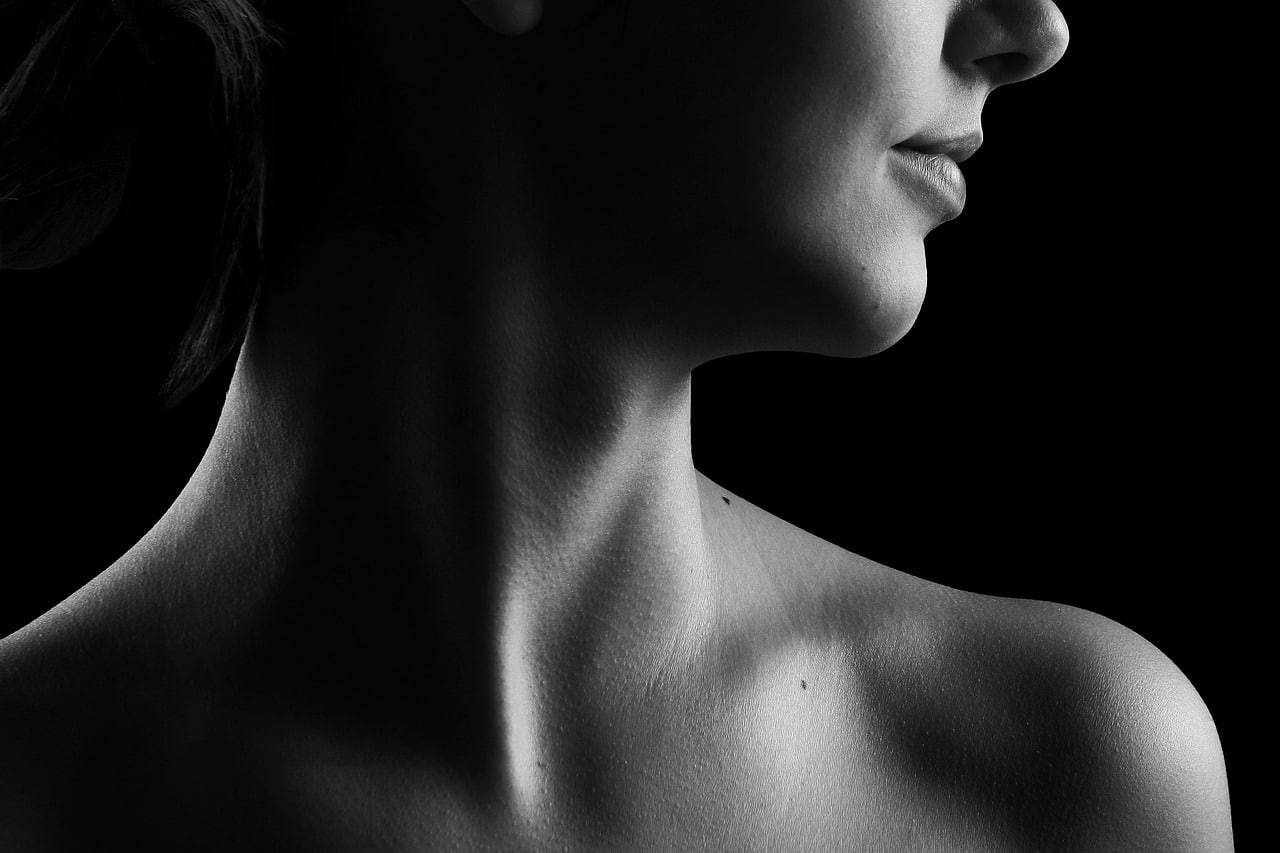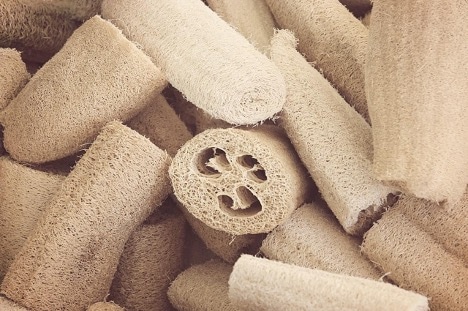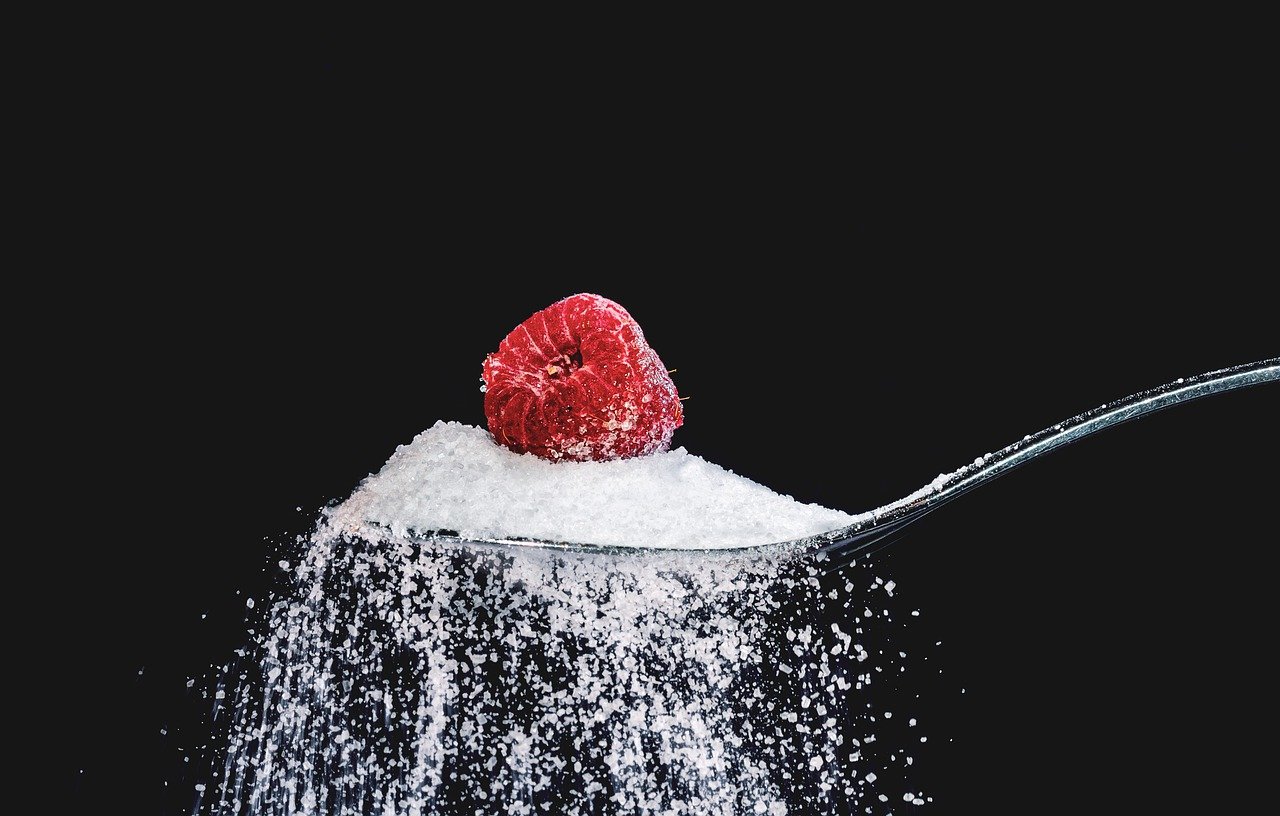If we were to believe the onslaught of makeup commercials and magazine ads, skincare is a one-size-fits-all regimen and that every brand’s “proven formula” is your secret to obscuring aging’s tell-tale signs. What’s omitted from these ads is that products are developed for specific skin types. Healthy glowing skin is dependent on using the correct products for your skin’s composition. Although makeup is often depicted in progressive skin tones, product options caring for the skin underneath is limited to “dry”, “oily”, and the ever-mysterious “combination.” This isn’t adequate, nor does it educate the masses on proper care based on their genetic composition. Meanwhile, our genetics dictate everything from skin tone to shoe size and is a reasonable data point for all health directives. The hue, oiliness, and moisture retention capacity are influenced by your genetic code. Today we understand that persons descending from similar geographic locations share identical genetic evolutions including skin characteristics that optimize adaptation to the originating environment. Unfortunately, we’ve gotten away from seeking personalized skincare that supports these shared regional-based characteristics. Proper olive skincare requires an understanding of the skin type. Olive skin tones, characterized by melanin-pigmented brown with yellow and green undertones, is linked to Mediterranean and Latin American ancestry. Sharing characteristics of both dark and fair skin types, special care should be taken to optimize benefits while minimizing vulnerabilities to damage and degradation. There are multiple complexion-specific cleaning, moisturizing, sun protection, exfoliation, and evening care routines recommended for optimal care. When incorporated into your routine, proper maintenance will keep your olive skin clear, healthy, and blemish free.
There is nothing wrong with aging, nor is there anything that we can do stop its progression. There are, however, practices we can incorporate into self-care routines that keep skin healthy and preserves its youthful characteristics. Our skin serves as our largest organ and is the barrier that protects your insides from external elements. Inadequate olive skin care accelerates aging.
Drying leads to cracks, blemishes cause blotchiness, and deteriorating collagen causes sagging. Conversely, proper attention facilitates slower-than-average surface ageing. Olive skin tones originate from areas that have substantial sun exposure and therefore have adapted to contain more melanin than fair types. This provides extra sun protection; however, the melanin is highly reactive. When the skin is aggravated, more melanin is produced which creates localized hyperpigmentation. Fruit, seed, nut, or grainy scrubs should be avoided as these exfoliants create micro-lacerations that trigger melanin production. Instead, switch to gentle chemical exfoliants that effectively dissolves surface-layer dead skin cells. While your pigmentation provides some sun protection that dramatically reduces your likelihood of skin cancers, sunscreen is a necessity. Yes, your skin tans beautifully, and yes, the extra pigmentation is added protection – but it’s not fool-proof. Tans are still a response to sun damage, and any damage is likely to kick up melanin production. When melanin is triggered, its effects are not necessarily evenly distributed. In short, tans can progress into dark splotches and sun spots.
Collagen is responsible for your skin’s elasticity and becomes less springy as we age. Sun exposure speeds the process, and as collagen breaks down, skin is prone to sagging. Incorporating a vitamin C serum acts as an antioxidant that tames those free radicals working to break down skin cells. Apply nightly around the eye to treat dark circles. Address blotchy skin and age spots by adding a skin-lightening cream to your nightly routine. Look for something containing retinol for boosted skin cell turnover. Stay away from hydroquinone; the chemical composition is too abrasive. Olive skin’s naturally slow aging progression is attributed to its oiliness. The oil serves as an environmental barrier that holds in moisture. Heavy and somewhat uncomfortable, many depend on complex cleansers designed to keep oil at bay. Harsh chemicals are never your friend as they can irritate and burn the skin. Clay-based cleansers are an effective alternative that help mitigate oiliness. Be sure to pair oil-reducing cleansers with oil-free moisturizers to maintain proper hydration. Your skin will look fresh and feel light and clean.
Due to olive skin’s propensity for oily build-up, your night routine mustn’t be neglected. Throughout the day your face acts as a magnet catching all airborne matter. By day’s end, your face is an oily combination of sweat, makeup, and debris. Failure to wash these impurities away leads to clogged pores and unsightly breakouts. Additionally, when you don’t cleanse before bed, some of that buildup transfers to your pillow. You then reapply these impurities each subsequent time you use the pillow causing irritations and acne.
Start with thorough makeup remover before washing away dirt and excess sebum with your gentle cleanser. Be sure to use a non-abrasive wash rag to avoid over-agitation and micro-scratches. Nighttime is when our bodies rejuvenate, so end your evening routine with a restorative serum to help your body’s natural process. Night applications are ideal as they are applied directly to the face without makeup or sunscreen which enhances absorption and thus product effectiveness.
Olive skin types are particularly prone to:
- Hyperpigmentation
- Cracking (because of improper oil removal)
- Blotchiness
- Sagging
- Oiliness
Practical tips for type-specific skincare:
- Switch to gentle clay-based cleanser and oil-free moisturizer
- Apply vitamin C serum to blotches, especially around the eyes
- Don’t forget the broad-spectrum sunscreen
- Switch to gentle chemical exfoliant
- Cleanse morning and night
- Use reparative serums overnight (vitamin C serum, skin lighteners, etc.
- Use soft, non-abrasive rags and wipes
Benefits of targeted skincare for olive skin:
- Oil balance
- Fewer sunburns
- Clean and hydrated skin
- Reduced sun spots and uneven pigment
- Youthful elasticity and appearance
Starting a new habit isn’t always easy. Many of us have our morning routines perfectly structured to optimize snooze time. After a long day, it’s easy to want to skip your evening routine. Nonetheless, incorporating just one of the skincare tips targeted for your skin type is a valuable investment in your skin’s health. They say that new habits take 21-days to endure in our routines. Start small. Pick one of these tips and practice it for the next 21 days. Keep a log to record noticeable changes in your skin’s texture, complexion, and overall glow. Once that step has been ingrained into your routine, repeat the process. Continue until your entire routine is optimized for your genetic makeup. Despite mainstream media messages, not every product is right for every face. Incorporating new products and routines individually allows you to monitor skin reactions and adjust as necessary. If a product causes discomfort, irritation, unjustified redness, or appears ineffective, discontinue use. Once you’ve found a preferred collection of products and can successfully incorporate these habits into your skincare routines, you’ll achieve that healthy skin glow that all the commercials promise.
Touch your face and your finger tips become greasy. If this is the case, you have oily skin. It is Read more
Do you spot those aromatic pumpkin spiced lattes and hot cocoa topped with fluffy marshmallows around you? Or, the sweet-smelling Read more
When you choose to have a facelift, you are taking an important step toward improving the health and appearance of Read more
Your work schedule may be crazy, but it is always easy to squeeze in a few minutes for your skincare. Read more
April Klazema
April is based in the Netherlands, and writes across a broad range of beauty, lifestyle, and childcare topics.


